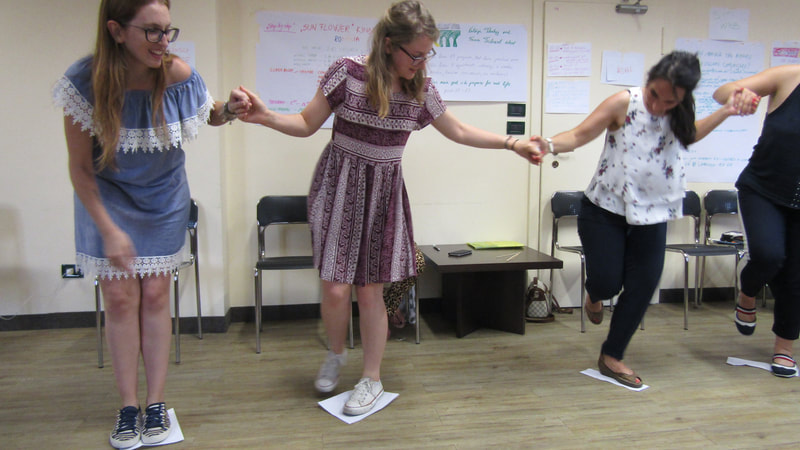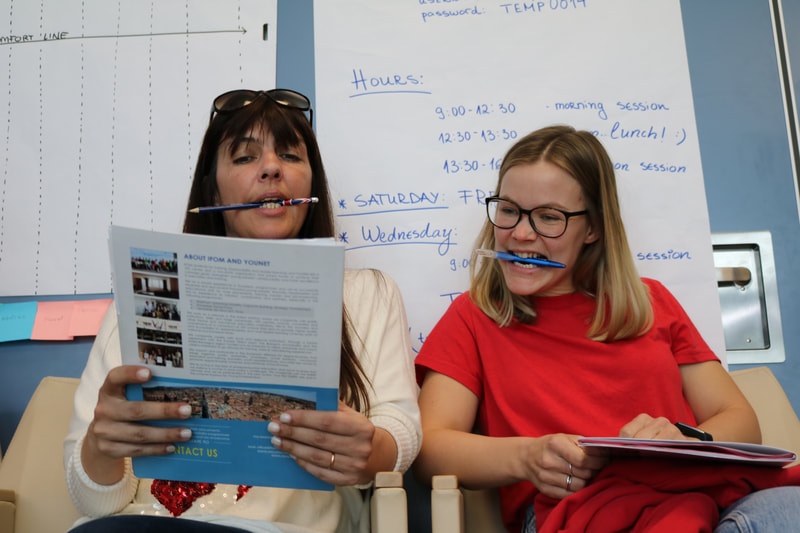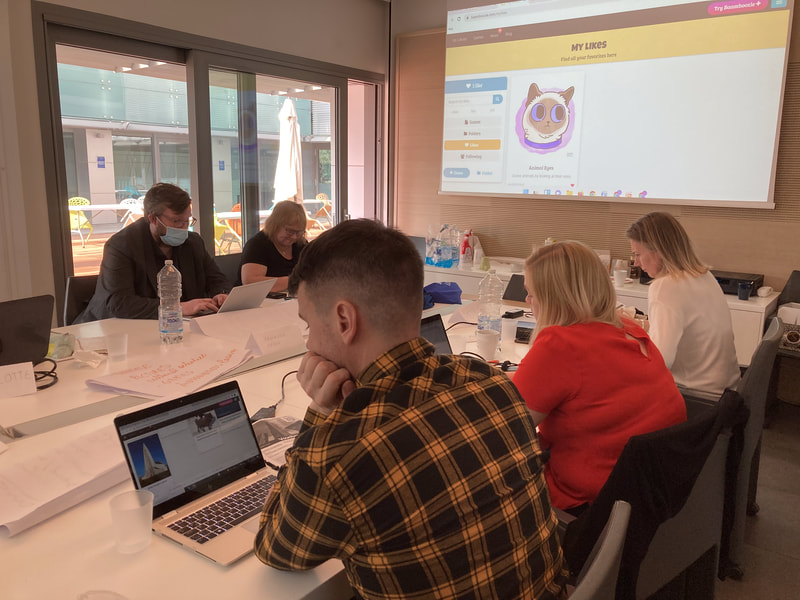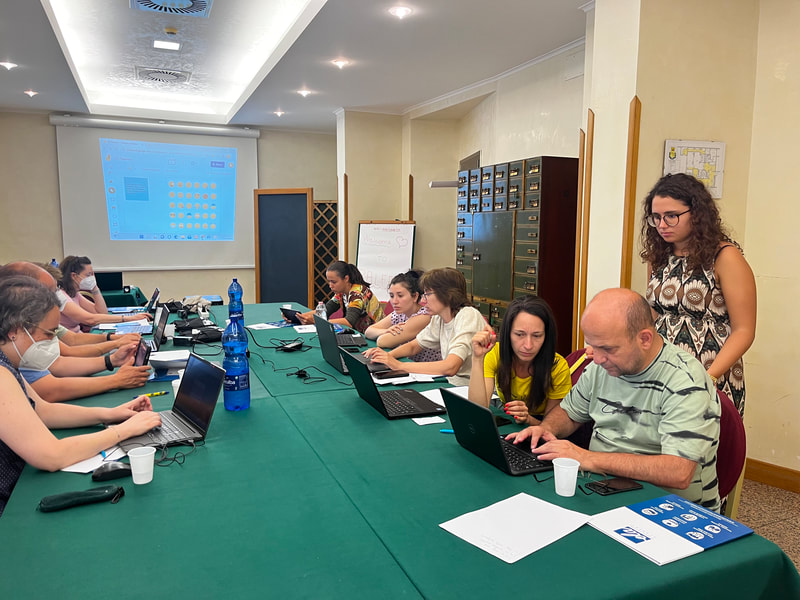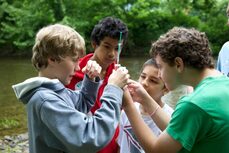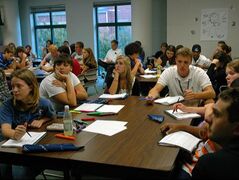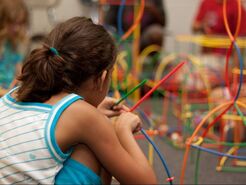Course overview
|
Think beyond the brick-and-mortar walls of the traditional classroom when it comes to learning and preventing early school leaving. At European level there is a growing trend towards valuing non-formal and informal learning as well as a strong focus on embedding non-formal working methods in traditional education pathways.
In this course you will discover innovative strategies and the differences between each type of learning and the emerging trends for how to motivate challenging students, but above all you will practice and master concrete non-formal activities, working methods and tools that you’ll be able to use the day after the course in your classroom.
|
Courses planned2024 21/04/2024 - 27/04/2024 (Palermo) 21/04/2024 - 27/04/2024 (Tenerife) 07/07/2024 - 13/07/2024 (Bologna) 22/09/2024 - 28/09/2024 (Palermo) 29/09/2024 - 05/10/2024 (Bologna) 2025 26/01/2025 - 01/02/2025 (Palermo) 02/02/2025 - 08/02/2025 (Bologna) 02/02/2025 - 08/02/2025 (Porto) 23/03/2025 - 29/03/2025 (Tenerife) 23/03/2025 - 29/03/2025 (Thessaloniki) 24/08/2025 - 30/08/2025 (Bologna) 24/08/2025 - 30/08/2025 (Palermo) 24/08/2025 - 30/08/2025 (Tenerife) 24/08/2025 - 30/08/2025 (Porto) 24/08/2025 - 30/08/2025 (Thessaloniki) If none of these dates suits you please mind that if there are at least 8 participants interested we may organize an additional session ad-hoc for your school. Target audienceThis course is addressed to teachers, trainers, educational counsellors, career counsellors, school psychologists, headmasters, school management and administrative staff working in primary schools, secondary schools, vocational schools, training centres, adult education schools, higher education, kindergarten and NGOs. Please mind that the course may include teachers from different school levels. LanguageThe course is held in English. For groups with at least 8 participants, we can organize an ad-hoc session in a different language. Please write an email to [email protected] to get more information about it. |
 English
English български
български Čeština
Čeština Español
Español Français
Français ελληνικά
ελληνικά Italiano
Italiano Polski
Polski Português
Português Română
Română